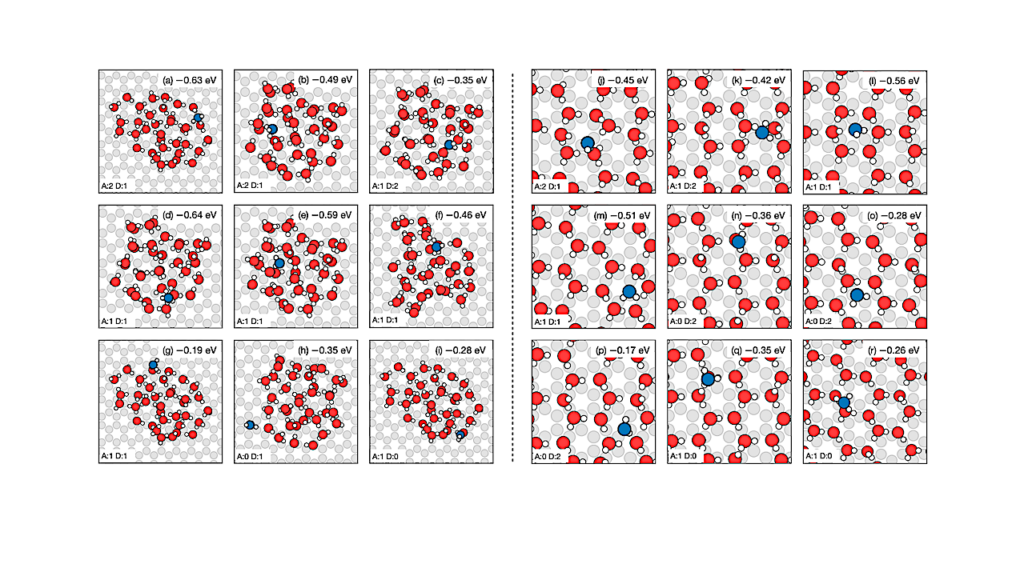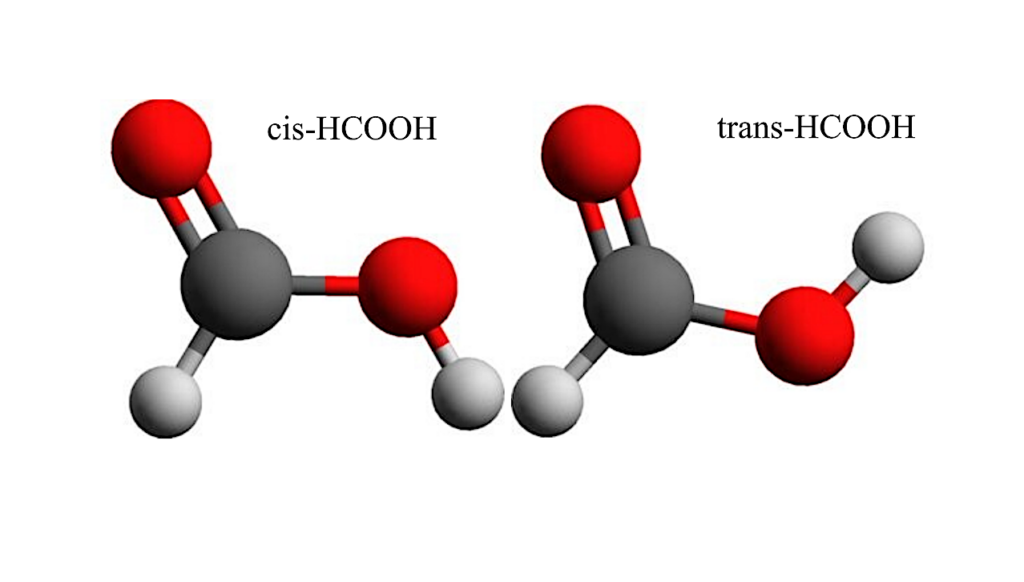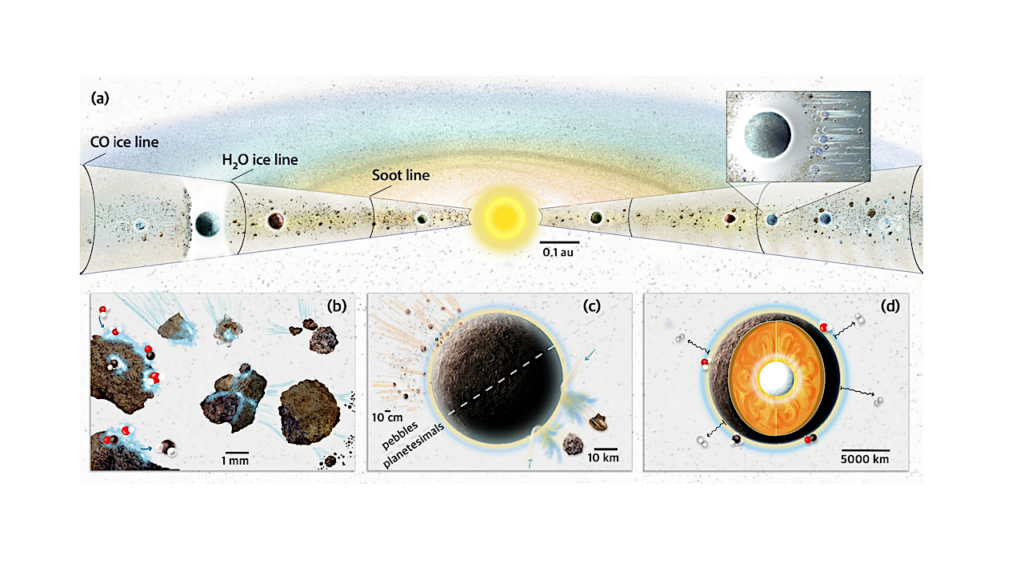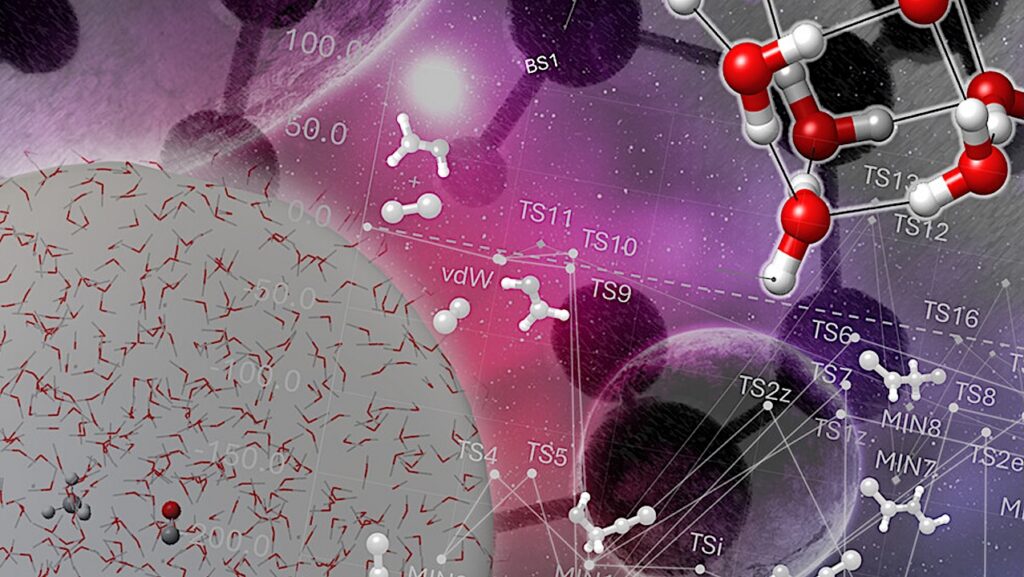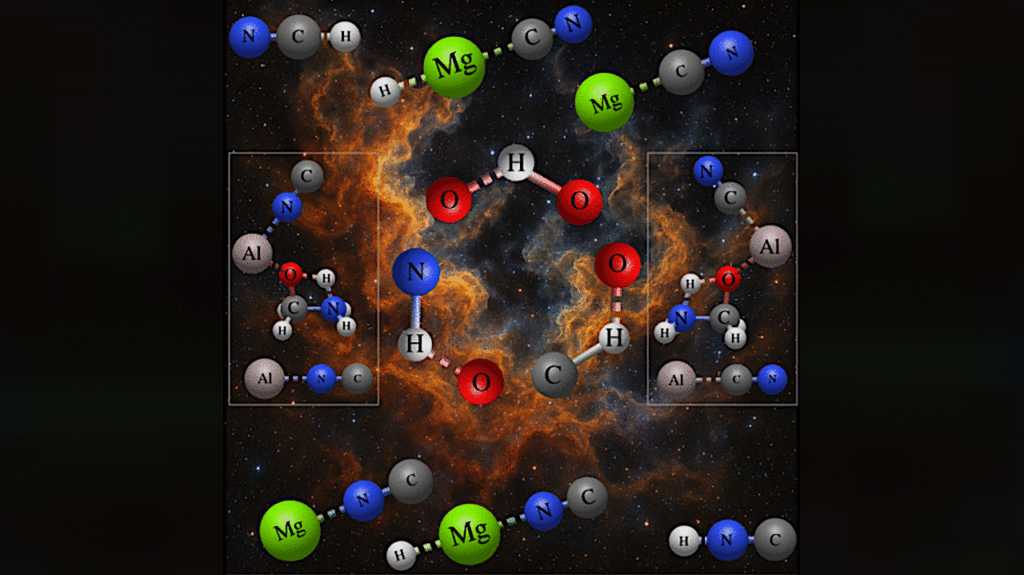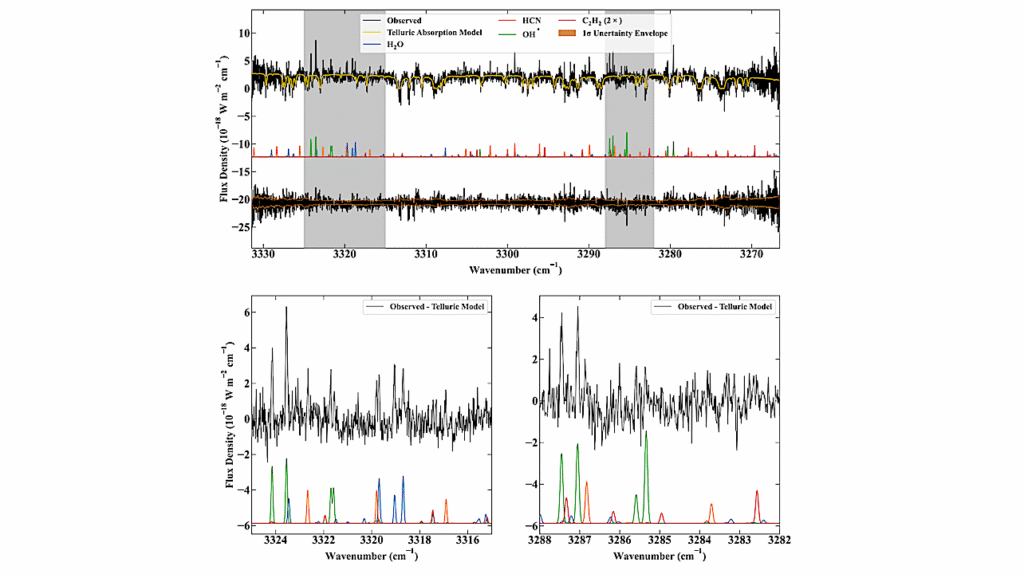FastChem Cond: Equilibrium Chemistry with Condensation and Rainout for Cool Planetary and Stellar Environments

Cool astrophysical objects, such as (exo)planets, brown dwarfs, or asymptotic giant branch stars, can be strongly affected by condensation. Condensation does not only directly affect the chemical composition of the gas phase by removing elements but the condensed material also influences other chemical and physical processes in these object.
This includes, for example, the formation of clouds in planetary atmospheres and brown dwarfs or the dust-driven winds of evolved stars. In this study we introduce FastChem Cond, a new version of the FastChem equilibrium chemistry code that adds a treatment of equilibrium condensation. Determining the equilibrium composition under the impact of condensation is complicated by the fact that the number of condensates that can exist in equilibrium with the gas phase is limited by a phase rule.
However, this phase rule does not directly provide information on which condensates are stable. As a major advantage of FastChem Cond is able to automatically select the set stable condensates satisfying the phase rule. Besides the normal equilibrium condensation, FastChem Cond can also be used with the rainout approximation that is commonly employed in atmospheres of brown dwarfs or (exo)planets.
FastChem Cond is available as open-source code, released under the GPLv3 licence. In addition to the C++ code, FastChem Cond also offers a Python interface. Together with the code update we also add about 290 liquid and solid condensate species to FastChem.
Daniel Kitzmann, Joachim W. Stock, A. Beate C. Patzer
Comments: submitted to MNRAS, code available at this https URL
Subjects: Earth and Planetary Astrophysics (astro-ph.EP); Instrumentation and Methods for Astrophysics (astro-ph.IM); Solar and Stellar Astrophysics (astro-ph.SR)
Cite as: arXiv:2309.02337 [astro-ph.EP] (or arXiv:2309.02337v1 [astro-ph.EP] for this version)
Submission history
From: Daniel Kitzmann
[v1] Tue, 5 Sep 2023 15:56:42 UTC (2,127 KB)
https://arxiv.org/abs/2309.02337
Astrobiology,


